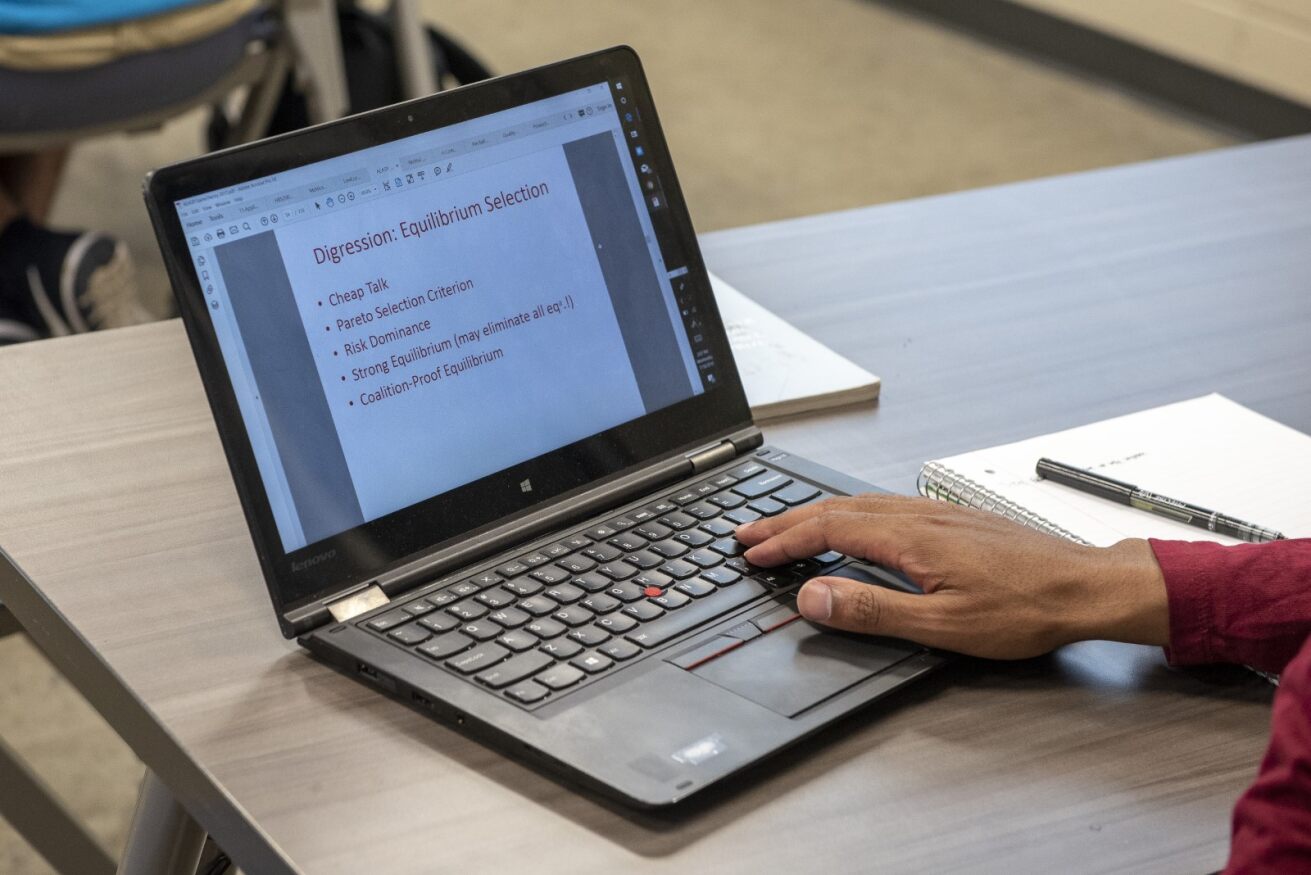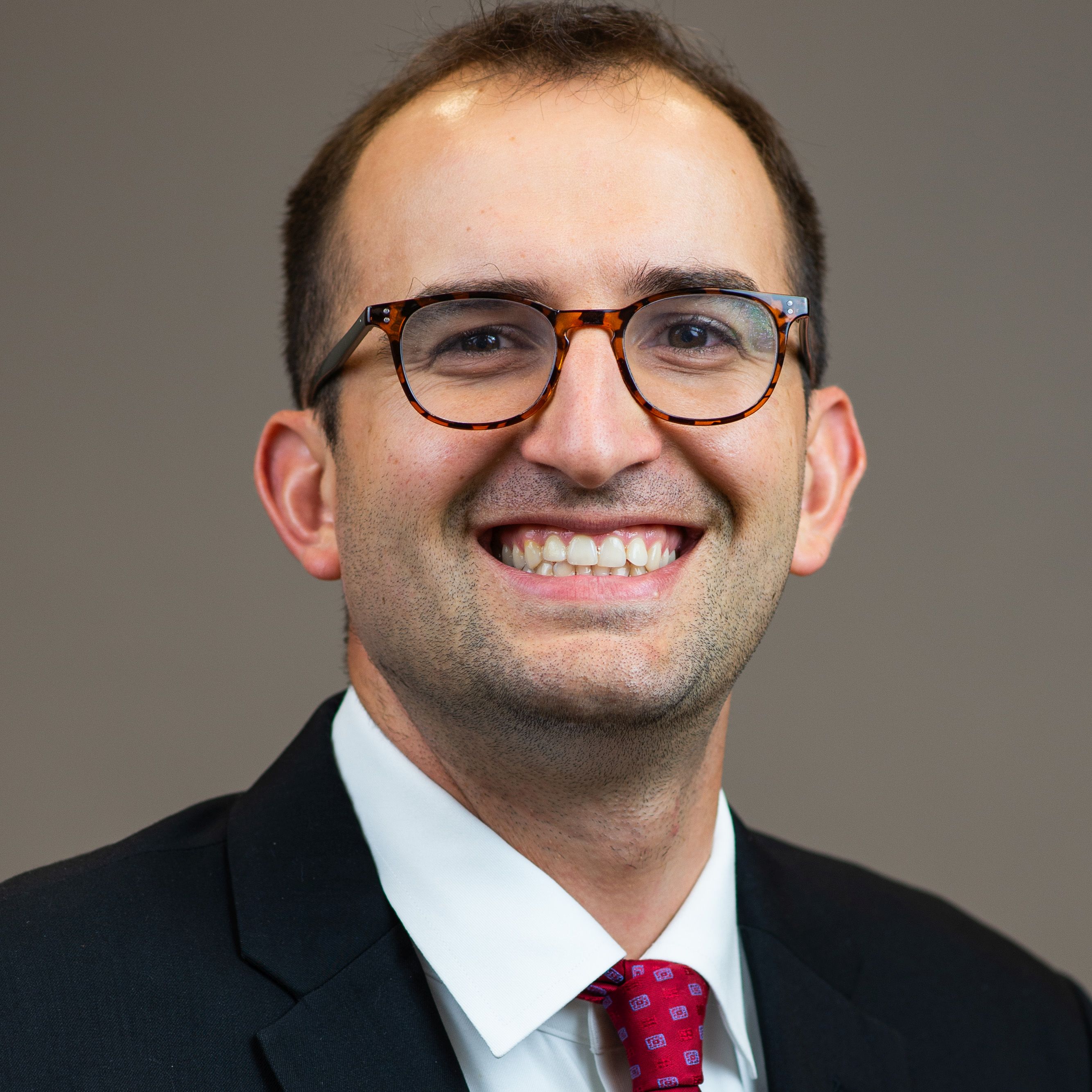What was your degree from MSU and when did you receive it? Any other education you want mentioned?
My degree from MSU was in Economics and International Relations, with minors in Portuguese, Global Studies, and Latin American Studies.
What is your job title and what do you do?
I am an Analyst in Financial Economics at the Congressional Research Service (CRS), a government agency that provides Congress with nonpartisan research to assist in their legislative, oversight, and constituent responsibilities. I cover consumer finance at CRS, meaning I frequently answer questions from Congressional staff or members on these issues, provide legislative suggestions, and produce original research responding to developments in consumer finance.In the last few months, I’ve responded to 90 requests from Congress and published nine publicly-available reports.
What is the most rewarding or enjoyable part of your job?
In general, I really like my job and there are many rewarding and enjoyable parts of my day-to-day responsibilities. It’s a good mix of longer and shorter projects and I really enjoy working with my colleagues and Congressional staff. Particularly gratifying is when I can help Congressional staff understand an issue better or my work makes a real difference in legislation.
What is a challenging part of your job and how do you handle it?
Dealing with ambiguity from Congressional clients is difficult and something that I’ve had to work on. Asking for clarification is the general first step, but sometimes staff does not even know exactly what they want from our research.
How does your MSU economics education help you succeed in your current job?
My MSU economics education was instrumental throughout my career. Econometric concepts and statistical skills I learned from Professors Woodbury and Woolridge helped to get my first job working as an RA at the Consumer Financial Protection Bureau. These skills were helpful while working in subsequent data-centric jobs at a think tank and a university. Today, I rely on less of those quantitative skills, as I primarily do more qualitative and secondary research, but the economic concepts I learned in many of my Econ courses still remain incredibly important for my current role in understanding and analyzing consumer finance markets. I first learned how to read an Economics paper at MSU and I frequently rely on that sort of academic and regulatory research in my job. The Econ Scholars program was also an incredibly fun and enlightening experience, which exposed me to different jobs in the profession and formally introduced me to friends I still have today.
What advice or recommendations do you have for current econ students?
Be proactive. This applies to a number of different realms: in class, your career path, and even your personal life. For example, research jobs out of undergraduate are flooded with applicants from across the country and world. For current econ students interested in that career, I would recommend pushing to get substantive research experience in the econ department or elsewhere, gaining (by teaching yourself or coursework) relevant statistical and quantitative skills, and becoming a high-achiever in coursework. All of those can be aided by a proactive nature. As a related piece of advice, I would talk to career counselors, Professors, or even alumni to try to get their recommendations on your eventual career and potentially even identify interesting internship or full-time opportunities.


